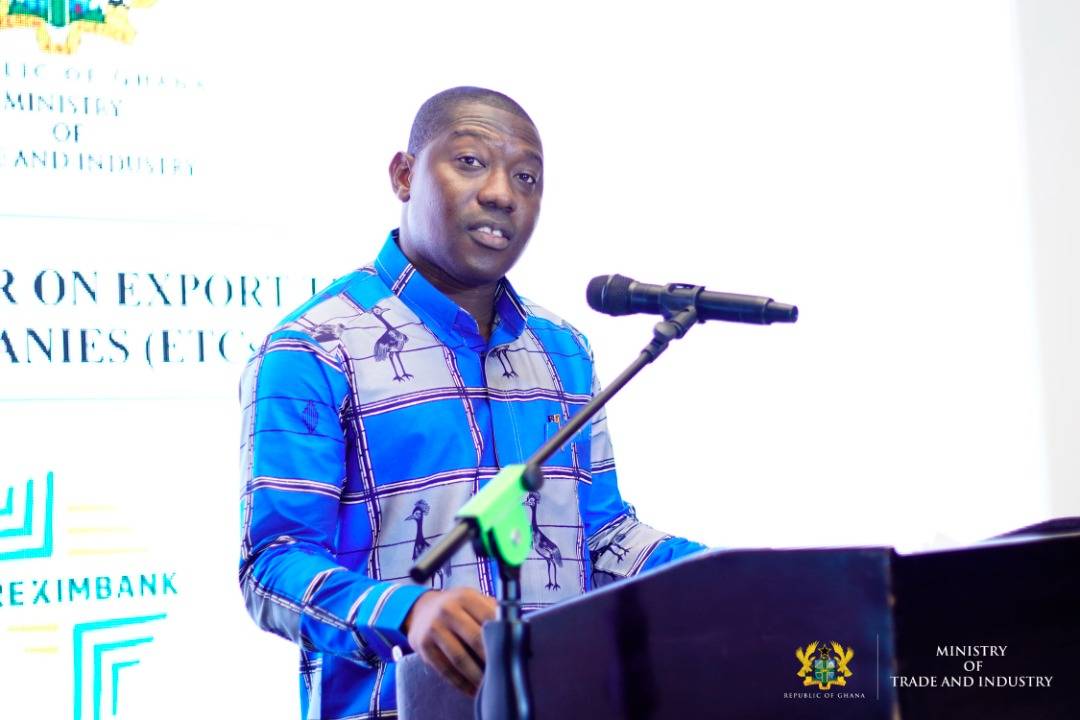A Deputy Minister of Energy, Herbert Krapa says the need for people to switch to Electric Vehicles (EVs) in the next few years will not be a lifestyle choice but a necessity for survival.
“It is not so much a lifestyle choice, but a necessity for survival for everyone to switch to EVs in the next years and contribute to the reduction of global warming. We are at a point where we need to project into the future and plan for alternative means of survival,” he said.Mr Krapa said a recent report from the Intergovernmental Panel on Climate Change (IPCC), indicated that the world has less than 10 years to switch to renewable energy to avoid catastrophic climate change.
He said this in a speech delivered on his behalf at a Stakeholder Consultation Forum in Bolgatanga, the Upper East Regional capital, on the development of a National EV policy for Ghana.
The forum brought together Municipal and District Chief Executives in the region, heads of departments and agencies, private sector organizations, civil society organizations, transport operators among others, to make inputs into the draft policy.
“With our ambitious target of achieving our renewable energy commitment under the Paris Agreement, Ghana will not only be spearheading the drive for electric vehicles but leading Africa into clean and sustainable energy production and utilisation,” he said.
He said climate and emissions concerns had brought the adoption of EVs to the forefront in recent times, and indicated that governments of some big automotive markets around the world had not only declared their intentions but taken bold steps to embrace EVs to curb emissions.“France and the United Kingdom (UK) are looking to ban the sale of gas and diesel-powered vehicles beginning 2023 and completely by 2040. China, the largest auto market in the world has publicly started charting a plan for an all-out ban on vehicles powered by internal combustion engines,” he said.
Mr Krapa said it was time for Ghana and Africa to follow suit, and make plans towards embracing EVs in order to harness enormous solar energy potential production to meet the climate emission targets while simultaneously, providing clean and affordable means of transport.
The Deputy Minister for Transport, Mr Frederick Obeng Adom in a speech read on behalf of the sector minister, Mr Kwaku Ofori Asiamah, said the consultative forum was in collaboration with the Ministry of Energy and the Ministry of Finance with support from the Public Sector Reform for Results Project.
He said the forum would be held across all regional capitals to solicit the views of stakeholders on the draft policy.
“I therefore wish to use this opportunity to invite all stakeholders to actively participate in the consultation exercise.”Mr Asiamah said Ghana’s transport sector had become a major source of greenhouse gas emissions which he noted was due to the use of fossil fuel-based vehicles.
He said data provided by the Driver and Vehicle Licensing Authority (DVLA) indicated that as of 2022, there were about 3.2 million registered vehicles in Ghana, out of which 72 per cent were powered by petrol engines, 27 per cent by diesel engines and less than one per cent by Liquefied Petroleum Gas (LPG) and other energy sources.
The Sector Minister said the high dependency on fossil fuels, combined with other factors such as traffic congestion, had resulted in the transport sector becoming a net emitter of greenhouse gases, noting that “Experts have said in clear and unambiguous terms that emissions from vehicles are not only bad for our planet, but they are also bad for our health.”




No comments yet
Be the first to share your thoughts!